A study of programmes provided by one of the country's addiction and recovery charities has found that women's satisfaction ratings are higher than men when it comes to recovery.
The findings are contained in a report published by Tiglin titled 'Life. Restored'.
It includes almost 3,000 evaluations of Tiglin's addiction, rehabilitation and aftercare programmes that were collected over five years.
Jenny Harris completed Tiglin’s long-term recovery programme for women 18 months ago.
She combatted a dependency on alcohol which she managed to keep under wraps for 20 years.
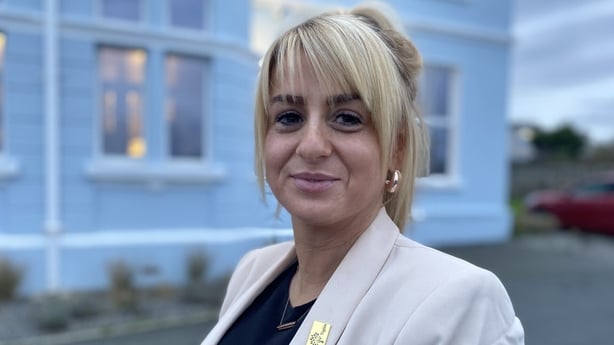
During that time, she worked for the Health Service Executive, but during the last two years of the Covid-19 pandemic her addiction got worse.
Ms Harris could not leave the house without a drink.
"I had a mask on, but I’d go home and close the door, and I just didn’t want to be here anymore," she said.
Ms Harris pointed to childhood trauma as one reason for her addiction.
She was also a people pleaser and put everyone and everything else first, including alcohol and hit rock bottom.
"I couldn't carry on the way I was carrying on ... it destroyed me," she said.
A 12-week programme offered her the peace and stability that she required to enable her to rehabilitate, but her recovery was not over.
She managed to secure a place on the lengthy addiction and recovery programme for women - which she described as "the toughest 17-months".
During this, she had to face up to her behaviours, deal with authority and learn obedience.
Spirituality and faith helped her through the process and this remains a key part of her today.
Ms Harris said: "I still have my Tiglin routine.
"I get up at 6:30am every morning, do my devotions and I'm set up for the day.
"It also means my daughter is going to have a good day too."
We need your consent to load this rte-player contentWe use rte-player to manage extra content that can set cookies on your device and collect data about your activity. Please review their details and accept them to load the content.Manage Preferences
Ms Harris has been keen to point out that help and support is available to people - including women - who are a cohort that can often be stigmatised.
It is no secret that there are significantly more barriers for women who wish to combat addiction, even though there has been an increase in their attendance for treatment.
However, fear and stigma have remained.
Many worry that if their addiction is revealed, their children will be removed by the State.
This has left many unable to take the next step.
Ms Harris was in a fortunate position as her sister was able to look after her daughter while she could focus on her recovering through the residential programme.
The Tiglin report evaluates the effectiveness of the programmes for men and women, as well as aftercare services which are hugely successful, according to the findings.
Tiglin operates under a Christian ethos and provides a health led approach to addiction.
Data was collected through 576 evaluations in the women’s centre and 986 in the men’s centre between 2019 and 2023.
Owen Kavanagh is included in the data.
He struggled with addiction all his life and had been to "a lot of different treatment centres".
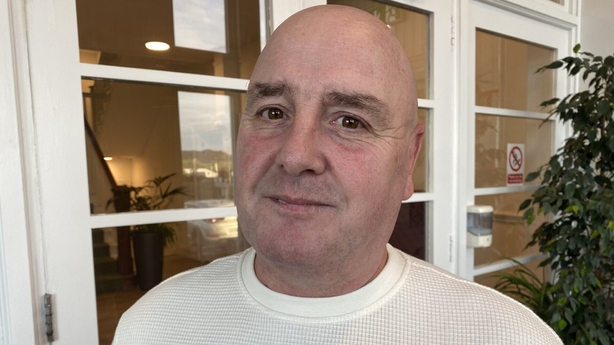
In 2021, he found himself in prison at the age of 50 which he said was a "a horrible, horrible experience".
Mr Kavanagh tried to take his own life in his cell. He saw no future for himself.
The prison liaison officer encouraged him to fill out forms seeking admittance to Tiglin.
He filled them out and then dumped them.
However, he went through the process a second time "in a fit of rage" believing he would not be going into recovery because he would not receive bail.
However, the judge considered his application to Tiglin’s recovery programme.
"The judge said if you don’t do what you say you’re going to do, you’ll have to come back and face me," he recalled.
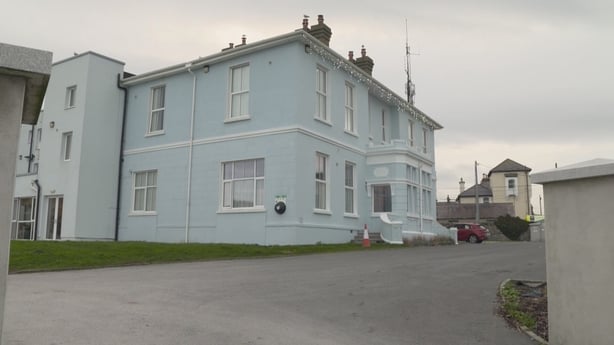
Mr Kavanagh reluctantly entered Tiglin’s Men’s Rehabilitation Centre, located in the Co Wicklow mountains in 2021, convinced that he would not be rehabilitated.
"Every day was a struggle, every day I was leaving, at some stage I was walking out the gate," he said.
However, through the help and support of staff and others, he remained.
"Nine months in Ashford - whether I wanted to change or not - the change started," he said.
Mr Kavanagh has acknowledged he was "a bit of a loner" and was challenged by living with others and attending group sessions, where he heard the stories of others and what they confronted.
He said: "It rubs off and makes an impression.
"I made a decision ... I knew I wasn’t walking off that mountain carrying anything from my past.
"I had to face it there or continue running."
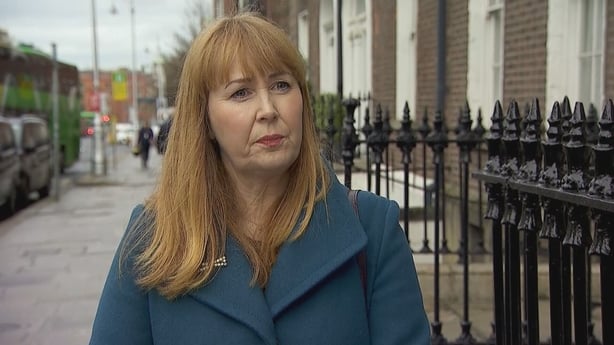
Mr Kavanagh now volunteers with Tiglin in Bluebell, where a number of families are due to move into zero-carbon social housing in the coming weeks.
He has also volunteered his time with challenging townships in South Africa, which the charity has linked in with to provide support.
Ms Harris has also remained with Tiglin, securing a job in the Family Support service which she said she loves.
Author of the report Janet Robinson said a five-year longitudinal evaluation study by a recovery and addiction charity is significant.
"Very few evaluations would have data that would cover five years and within that there are almost 3,000 evaluations, so it’s data showing how Tiglin meet the needs of men and women in recovery," she said.
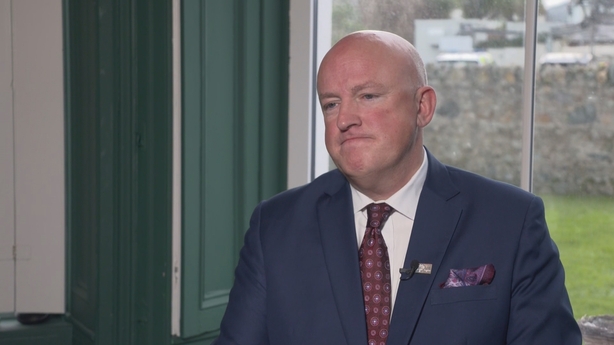
While most of the satisfaction ratings of service users hover around 80%, co-founder Aubrey McCarthy said the team will drill into the findings to steer and improve the programmes further.
"Goal five of the National Drugs Strategy is all about developing policies that are evidence based," she said.
"This evidence allows us to look at the report, look at for example, the success of women and see how that can be applied to the men’s centres," she added.
Mr Kavanagh said people in difficulty should do what they can to get into a residential programme with the charity.
"If something motivates you or brings you through a door for help, it’s the right starting point," he said.







